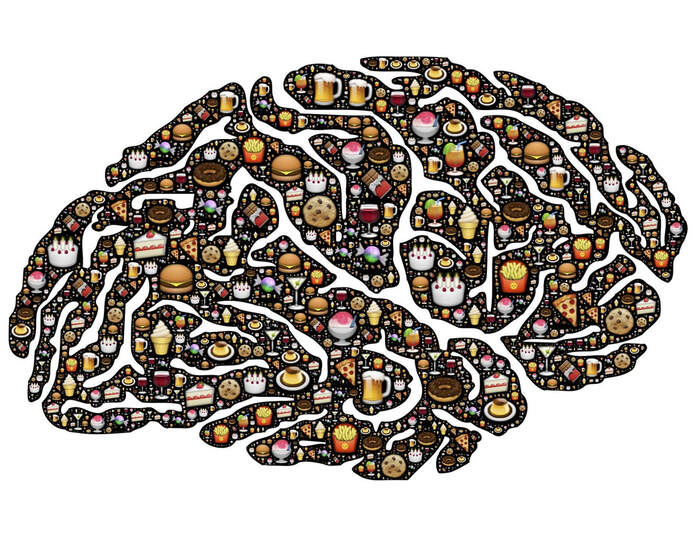Ultra-Processed Food and Mental Health
Almost all people are familiar with junk food and have likely been told to avoid it growing up. Ultra-processed food includes foods made mostly from substances extracted from foods or artificial flavorings, colors, or other additives. Typical foods included in this category include sweets such as candy or cookies, as well as fast food and soda. Overconsumption of these kinds of foods can pose significant problems such as obesity, high blood pressure, or type 2 diabetes, to name a few. But while it’s no secret that ultra-processed can have a negative impact on physical health, a recent study also indicated that a poor diet can be correlated with a decline in mental health, including depression and more mentally unhealthy days, or days where a participant reported having poor mental health.
In a study from Cambridge University Press, a team of researchers attempted to examine the effects of ultra-processed foods on mental health. Using a group of American adults taken from a variety of demographics, the researchers divided them into five separate groups based on the percentage of their diet consisting of ultra-processed foods calculated with kilo-calories. These groups included <19%, 20–39%, 40–59%, 60–79, and >80%. To assess mental health, the team measured three different mental health symptoms of the subjects: mild depression, the number of mentally unhealthy days, and the number of anxious days over the last 30 days.
In a study from Cambridge University Press, a team of researchers attempted to examine the effects of ultra-processed foods on mental health. Using a group of American adults taken from a variety of demographics, the researchers divided them into five separate groups based on the percentage of their diet consisting of ultra-processed foods calculated with kilo-calories. These groups included <19%, 20–39%, 40–59%, 60–79, and >80%. To assess mental health, the team measured three different mental health symptoms of the subjects: mild depression, the number of mentally unhealthy days, and the number of anxious days over the last 30 days.
Image Source: johnhain
After assessing the participants’ diet and mental health symptoms, the researchers found that the results showed a correlation between ultra-processed food consumption and declining mental health. An increase in ultra-processed food consumption percentage was associated with an increase in the likelihood of mild depression, mentally unhealthy days, and anxious days. For example, while the group with 20-39% ultra-processed food consumption was 5% more likely to experience depressive symptoms than the group with less than 20% ultra-processed food consumption, the group with ≥80% consumption showed a 81% higher likelihood of depressive symptoms than the less than 19% group. Overall, the data shows the potential connection between diet and state of mind, and how what people eat can affect their mood.
Overall, the results from the researchers show that keeping a close eye on food intake is important, not only for physical well-being, but also for mental health, a consequence that could easily be overlooked. Especially with ultra-processed food consumption on the rise, the researchers’ findings are relevant and provide insight on the potential mental benefits of consuming less processed foods.
Overall, the results from the researchers show that keeping a close eye on food intake is important, not only for physical well-being, but also for mental health, a consequence that could easily be overlooked. Especially with ultra-processed food consumption on the rise, the researchers’ findings are relevant and provide insight on the potential mental benefits of consuming less processed foods.
Featured Image Source: Polina Tankilevitch
RELATED ARTICLES
|
Vertical Divider
|
Vertical Divider
|
Vertical Divider
|






